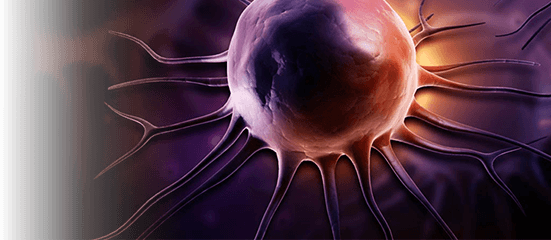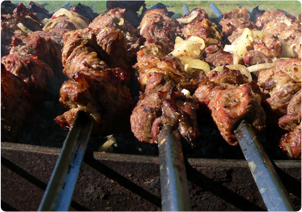Myths about Cancer


Myth 1
Don’t use your mobile phones too often – it can cause cancer Studies have not shown a consistent link between exposure to radiofrequency energy from mobile phone use and cancers of the brain, nerves, or any other type of cancer. The U.S. Food and Drug Administration (FDA), which is responsible for regulating the safety of machines and devices that emit radiation (including mobile phones), notes that most human epidemiologic studies have failed to show a relationship between exposure to radiofrequency energy from mobile phones and health problems. On the other hand, the International Agency for Research on Cancer (IARC), a component of the World Health Organization (WHO), has recently classified radiofrequency fields as “possibly carcinogenic to humans”. The bottom line is that more research is needed especially since mobile phone technology and how people use mobile phones have been changing rapidly. Individuals who are concerned about radiofrequency energy exposure can limit their exposure, including using an ear piece and limiting mobile phone use, particularly among children.

Myth 2
Always put on your sunscreen before going out. It will prevent skin cancer. Being exposed to natural or artificial (such as from tanning beds) sunlight over long periods of time is a risk factor for developing skin cancer. While sunscreens can be useful for protecting our skin from the sun’s rays, it remains unknown if the use of sunscreen can prevent skin cancer. It is recommended that sunscreens be used together with shade or clothing to avoiding getting sunburnt. In particular, one should never use sunscreen in order to spend more time in the sun.

Myth 3
Will eating charcoal grilled meat increase the risk of cancer? This is rather difficult to prove or disprove. It depends on how regular is “regular”. Once a day is “regular”, as is once every 6 months. It is more important to state the frequency: very frequent, not so frequent, occasionally or rarely. Dietary studies are very difficult to perform due to the fact that we rely on individuals memory. In addition, charcoal grill cooking depends on what is the end product on the grill, i.e., whether it is overcooked to the extent of being burnt or still rare. Nevertheless, heterocyclic aromatic amines (HAA) from barbercued meat have been known to cause cancer of the liver, colon, breast, skin, prostate and lung in rodent (mice) experiments. Furthermore, polycyclic aromatic hydrocarbons (PAHs) from charcoal-broiled/grilled meat is associated with oncogene mutations seen in animal models. It is important therefore to bear in mind these results when cooking the meat on the charcoal grill.

Myth 4
If your grandmother and/or mother had breast cancer, you will definitely get it. It is true that if the grandmother and mother both had breast cancer, especially if they suffered the cancer before they were 50, the risk of a lady getting breast cancer would be higher. If either one, but not both, got breast cancer, the risk is not as high but higher than a lady who has no family history at all. However, it does not mean that the lady will definitely get cancer. For example, compared to a lady with no family history, a lady with a first order (sister or mother) family history of breast cancer would be at 1.5 to 3 times higher risk of getting breast cancer. It is prudent for a lady with any close family history of breast cancer to seek medical confirmation and go for breast cancer screening. For ladies above 40 years old, this would mean a mammogram.
| ←Signs Of Cancer |
Disclaimer Notice: The information provided on this website is not intended or implied to be a substitute for professional medical advice, diagnosis or treatment. All content, including text, graphics, images and information, contained on or available through this website is for general information purposes only. Parkway Cancer Centre makes no representation and assumes no responsibility if the information, contained on or available through this website, is taken without our specialists’ consult.
